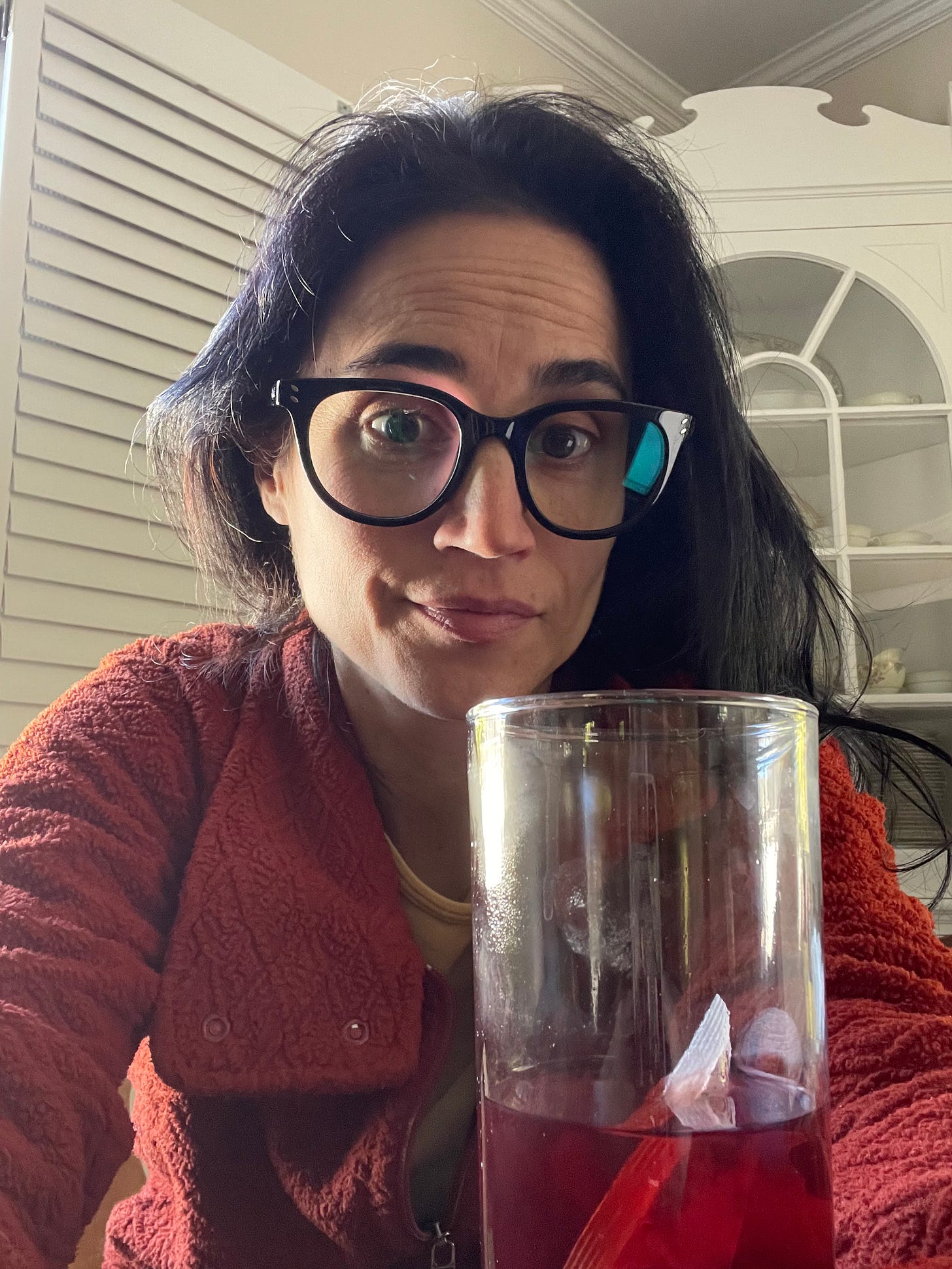I really hate to beat a dead horse or repeat myself, but maybe if I make it shorter and clearer:
Your Audition Is Not Blind If (any of the following):
Not everyone plays a preliminary round.
You pre-advance candidates to rounds after the preliminary round.
Your committee has access to the internet.
You take the screen down at any time during the audition.
You…
Keep reading with a 7-day free trial
Subscribe to Katherine Needleman Oboist's Substack to keep reading this post and get 7 days of free access to the full post archives.




